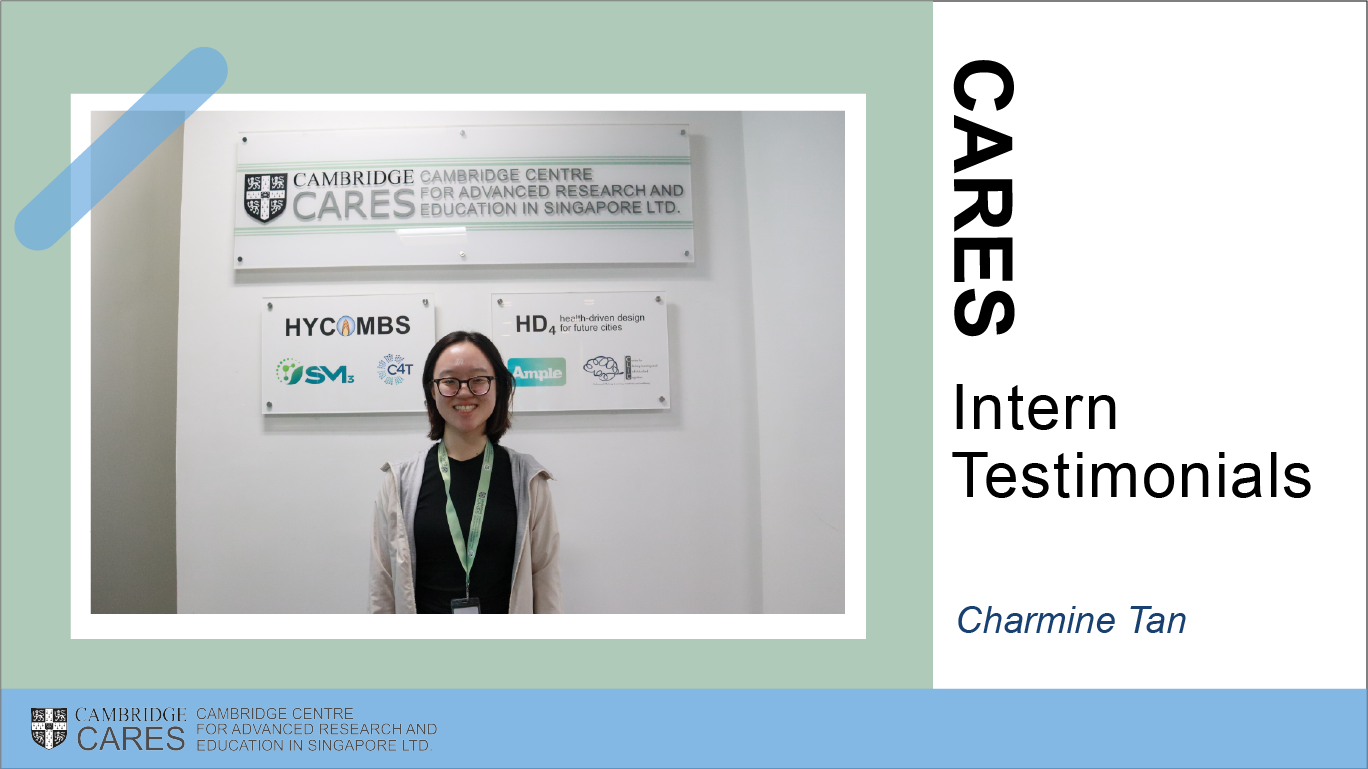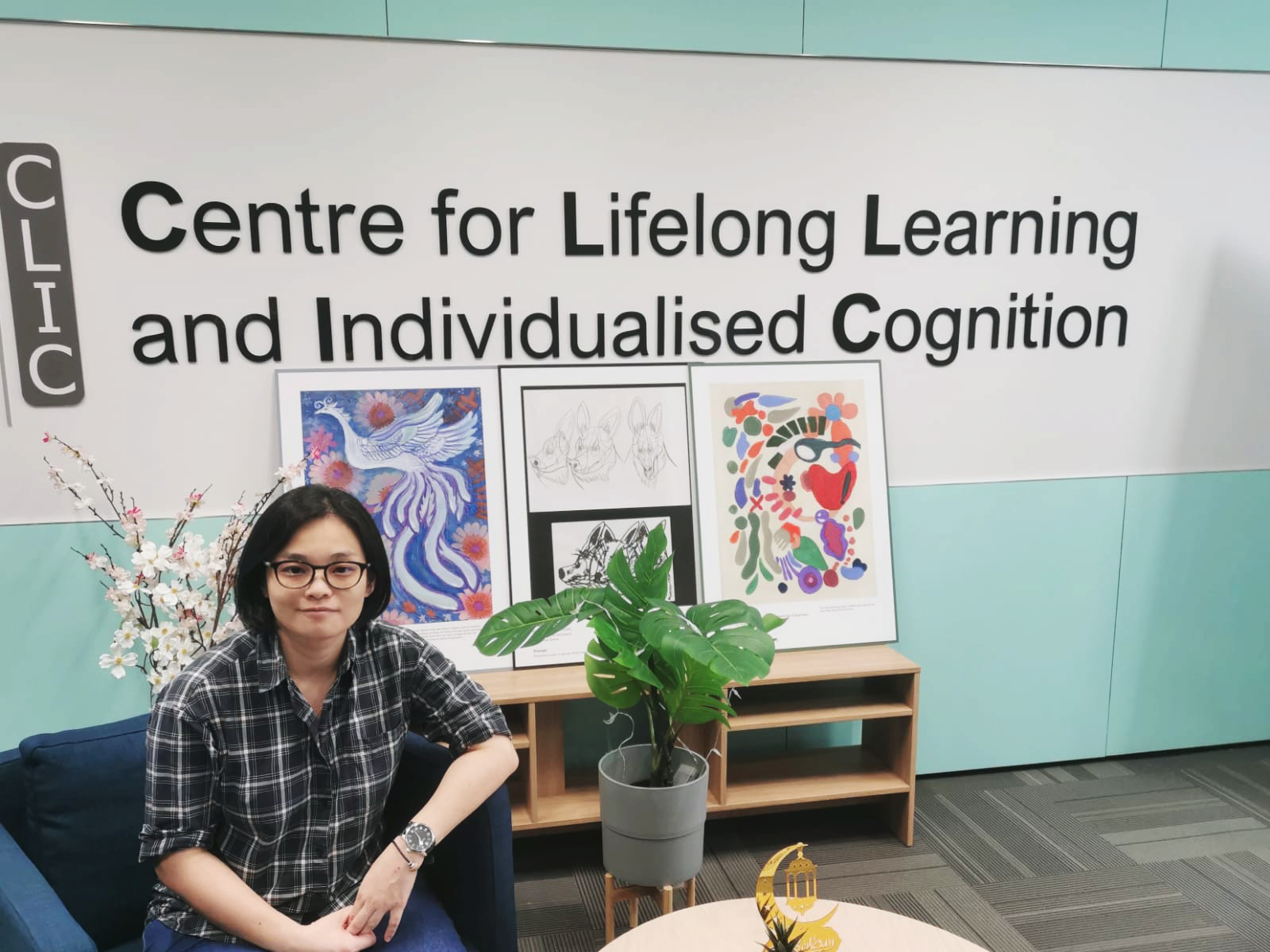Formal learning is commonly seen as a fixed period where one pursues their academic qualifications. Researchers from the Centre for Lifelong Learning and Individualised Cognition (CLIC) reconsider that lifelong learning, instead of formal learning, is the key to adapt to global challenges moving forward.
As our modern world faces rapid change in terms of food insecurity, climate change, and workplace disruptions with new technologies, CLIC researchers are focusing their investigation on cognitive flexibility as a skill that allows individuals to be more adaptable and problem-solve creatively.
In this webinar, CLIC co-Deputy Director Assoc Prof Victoria Leong introduces the idea of cognitive flexibility, how this skill is being measuring in adolescents and adults, and the implications of these results to inform the design of practical interventions in schools and the workplace.
The open Q&A session with Prof Annabel Chen, Prof Zoe Kourtzi, Prof Henriëtte Hendriks, Prof Trevor Robbins, and Dr Teo Chew Lee covers questions on cognitive flexibility in relation to the fear of failing, in early infancy and adults, and the unique factors of Singapore as a test site for this research.
CLIC is supported by the National Research Foundation, Prime Minister’s Office, Singapore under its Campus for Research Excellence and Technological Enterprise (CREATE) programme.


